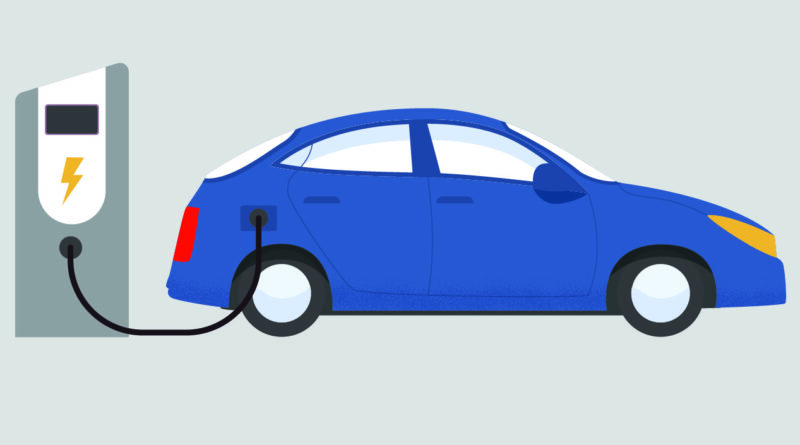Hydrogen vs. Electric Cars Possibility Of Sustainable Transportation
This article delves into the key aspects of Hydrogen vs Electric cars both technologies to unravel which might be the better choice for the future of green mobility. The automotive industry is witnessing a transformative shift towards sustainable transportation solutions, with hydrogen and electric cars emerging as two prominent contenders. As the world strives to reduce carbon emissions and combat climate change, the debate over hydrogen versus electric cars has gained significant traction. Should I choose LPG.
- Hydrogen Cars:
- How They Work: Hydrogen fuel cell vehicles generate electricity by combining hydrogen gas with oxygen from the air in a fuel cell. This electrochemical process produces electricity to power the vehicle’s electric motor, emitting only water vapor as a byproduct.
- Advantages:
- Quick Refueling: Hydrogen cars can refuel in a matter of minutes, offering a refueling experience similar to traditional gasoline vehicles.
- Longer Range: Hydrogen vehicles often boast longer driving ranges compared to many electric cars, making them suitable for certain applications.
- Challenges:
- Limited Infrastructure: The infrastructure for producing, transporting, and dispensing hydrogen is currently limited, restricting the widespread adoption of hydrogen vehicles.
- Energy Intensity: Producing hydrogen often requires a considerable amount of energy, and the primary methods involve natural gas reforming or electrolysis, which may not be entirely carbon-neutral.
- Electric Cars:
- How They Work: Electric cars rely on rechargeable batteries to store and supply electricity to an electric motor, propelling the vehicle. The charging infrastructure for electric cars has seen significant growth in recent years.
- Advantages:
- Expanding Infrastructure: Charging infrastructure for electric cars is more widespread and accessible, with an increasing number of public charging stations and home-charging options.
- Energy Efficiency: Electric cars are generally more energy-efficient in terms of converting stored energy to propulsion.
- Challenges:
- Charging Time: While fast-charging technologies have improved, electric cars still take longer to charge compared to refueling a hydrogen vehicle.
- Range Anxiety: Although electric cars have seen improvements in range, concerns about range anxiety persist among potential buyers.
- Environmental Impact:
- Hydrogen: The environmental impact of hydrogen cars heavily depends on the method of hydrogen production. Green hydrogen, produced using renewable energy sources, is considered environmentally friendly. However, most hydrogen today is produced through less eco-friendly methods.
- Electric: The environmental benefits of electric cars are directly linked to the energy mix used for electricity generation. With a cleaner energy mix, electric cars can significantly reduce greenhouse gas emissions compared to traditional internal combustion engine vehicles.
- Cost Considerations:
- Hydrogen: Hydrogen cars are currently more expensive to manufacture and purchase. The cost of fuel cells and the limited production scale contribute to their higher price tag.
- Electric: The cost of electric cars has been decreasing steadily, driven by advancements in battery technology and increasing production volumes. Additionally, electric cars benefit from lower operational costs and government incentives.
The choice between hydrogen and electric cars depends on various factors, including infrastructure development, energy efficiency, and environmental impact. Currently, electric cars have gained broader acceptance due to their expanding charging infrastructure, improving technology, and decreasing costs. However, ongoing advancements in hydrogen technology and a shift toward green hydrogen production could reshape the landscape. Ultimately, both technologies play a crucial role in the quest for sustainable transportation, and their coexistence might offer diverse solutions for different mobility needs. The future will likely see a blend of electric and hydrogen-powered vehicles contributing to a cleaner and greener automotive industry.
Buying a used VW. Buying used vauxhall, BMW, Jaguar, Ford, Volvo, Range rover, Bentley, Aston Martin, Porsche, Ferrari, Lamborghini, Maserati, Hyundai, Tesla, Honda, Pagani

